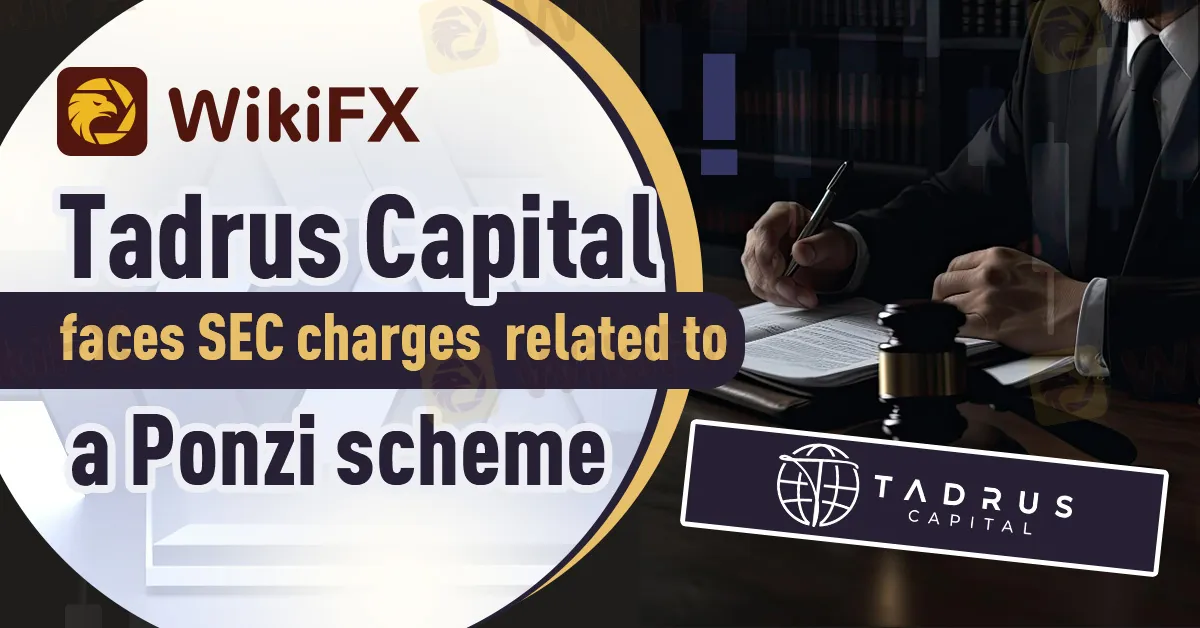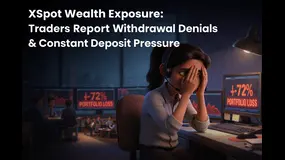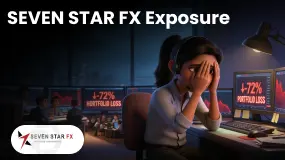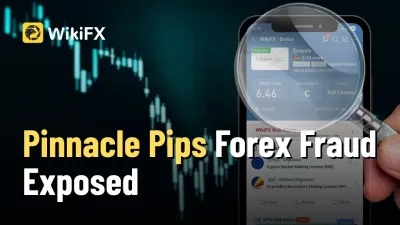Abstract:The Securities and Exchange Commission (SEC) has taken legal action against Mina Tadrus and Tadrus Capital LLC, accusing them of orchestrating a multimillion-dollar Ponzi scheme. The complaint, which has been filed with the New York Eastern District Court, alleges that Mina Tadrus, founder of Tadrus Capital LLC, and the firm itself, engaged in deceptive practices to solicit and sell investments in the Tadrus Capital Fund LP, an investment vehicle.

The Securities and Exchange Commission (SEC) has taken legal action against Mina Tadrus and Tadrus Capital LLC, accusing them of orchestrating a multimillion-dollar Ponzi scheme. The complaint, which has been filed with the New York Eastern District Court, alleges that Mina Tadrus, founder of Tadrus Capital LLC, and the firm itself, engaged in deceptive practices to solicit and sell investments in the Tadrus Capital Fund LP, an investment vehicle.
The defendants purportedly misrepresented the nature of the investment, claiming that funds would be pooled and invested in a cutting-edge “private high-yielding and fixed-income quantitative hedge fund.” They further claimed that this fund utilized sophisticated “artificial intelligence-based high-frequency trading models,” promising investors monthly returns of 1.5% or 2.5% and annual returns of 18% or 30%.
However, the reality was far from the promises made to the investors. Instead of investing the funds as claimed, the defendants misappropriated a significant portion of the money for personal gain. They used substantial amounts of investor funds to pay off Tadrus' personal credit card bills and make “guaranteed” monthly return on investment payments, which were actually part of the Ponzi scheme. During the relevant period, approximately $1,431,900 of investors' money was used for these fraudulent payments, with over $275,000 disbursed in June 2023 alone. Additionally, at least $383,267.93 of investors' money was misappropriated for Tadrus' benefit.
The Commission seeks a final judgment to hold the defendants accountable for their actions and protect future investors. The requested judgment includes permanent injunctions against violating federal securities laws, disgorgement of ill-gotten gains with prejudgment interest, payment of civil money penalties, and prohibition of Mina Tadrus from serving as an officer or director of any company with registered securities under Exchange Act Section 12 or required to file reports under Exchange Act Section 15(d). Furthermore, the judgment aims to permanently prohibit Mina Tadrus from participating in the issuance, purchase, offer, or sale of any security, except for personal account transactions and allows the Court to order any other necessary relief it deems just and proper.
The SEC's legal action against Mina Tadrus and Tadrus Capital LLC reflects the commitment to safeguarding investors and holding those who engage in fraudulent schemes accountable for their actions.










